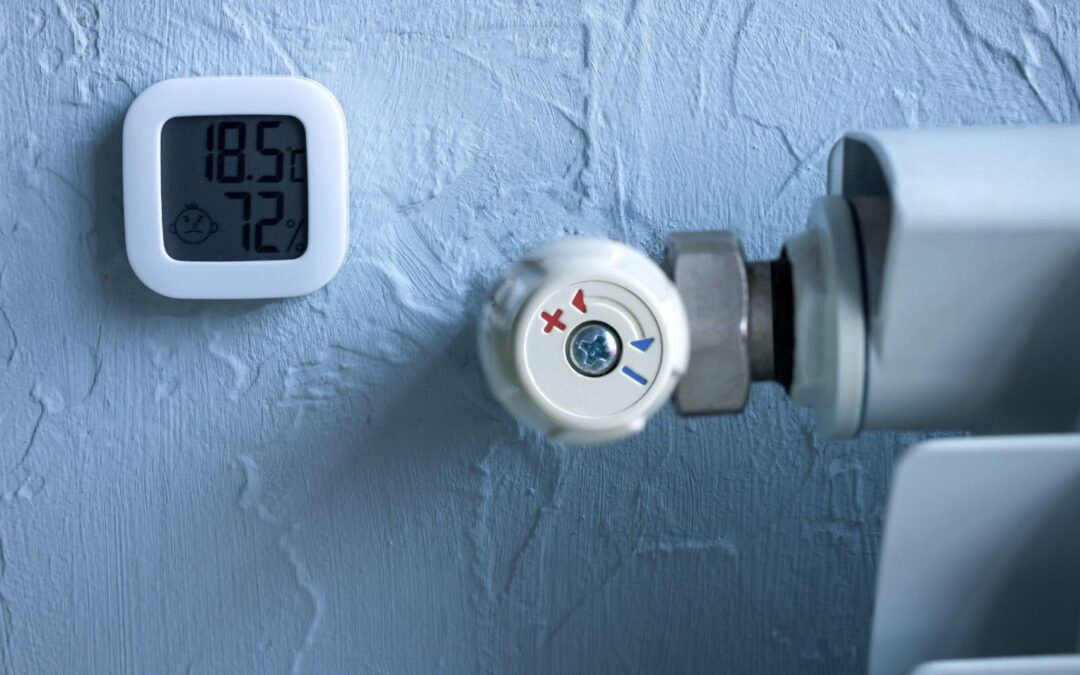Deciding whether to repair or replace your heating system can be confusing. It involves evaluating the system’s current condition, the cost of repairs, and how these factors align with your long-term home comfort and financial goals. Here’s a guide to help you determine the best course of action.
Assess the Age of Your Heating System
Most heating systems have a lifespan of about 15 to 20 years. If your system is approaching or has exceeded this age, replacing it might be more cost-effective.
- Repair: Go for a repair if your system is relatively young and the problem is minor, such as a faulty thermostat or a broken part.
- Replace: You should replace your system if it has started showing signs of frequent breakdowns or inefficiency.
Evaluate the Cost of Repairs
When considering repairs, weigh the cost against the price of a new system. A common rule of thumb is the 50% rule. If it’s more than 50% of the cost of a new system, replacement is often the better option.
Consider Energy Efficiency
Older heating systems often have lower efficiency ratings than modern units, leading to higher energy bills. If a repair can restore your system’s efficiency, consider keeping it. But keep in mind that older systems may not match the efficiency of new models even with repairs.
If your system is outdated and has high energy bills, you can upgrade to a new model. Newer systems are designed to be more energy-efficient and environmentally friendly. They also often come with advanced features such as programmable thermostats and smart technology, adding further convenience and efficiency.
Analyze Performance and Reliability
Frequent breakdowns and inconsistent heating indicate that your heating system may be in trouble. A repair might be a practical solution if your system has been generally reliable and you’re only facing a standalone issue.
If you’re encountering repeated problems and your system is often out of service, a replacement could save you from ongoing repair costs and improve your overall comfort.
Evaluate Your Long-Term Goals
If you plan to stay in your current home for many years, investing in a new heating system can provide better comfort and efficiency. However, repairing the existing system might be a more realistic choice if you plan to move soon.
Review the System’s Safety and Compliance
Older systems may not meet current safety standards or codes, and components like gas lines, electrical connections, or ventilation might become hazardous over time.
- Repair: If your system is relatively new and the safety issue is minor, repairing it to restore safety might be the best option. However, ensure that any repairs address all potential safety concerns and bring the system up to current standards.
- Replace: A replacement is necessary if your heating system is outdated and not compliant with modern safety regulations. New systems come with the latest safety features and meet current standards, reducing the risk of hazards such as carbon monoxide leaks or electrical fires.
If you’re unsure whether to repair or replace your heating system, let our expert team at Tom’s Heating Service handle it for you! Contact us today for a comprehensive assessment and personalized recommendations to help keep your home warm and efficient all year round.

